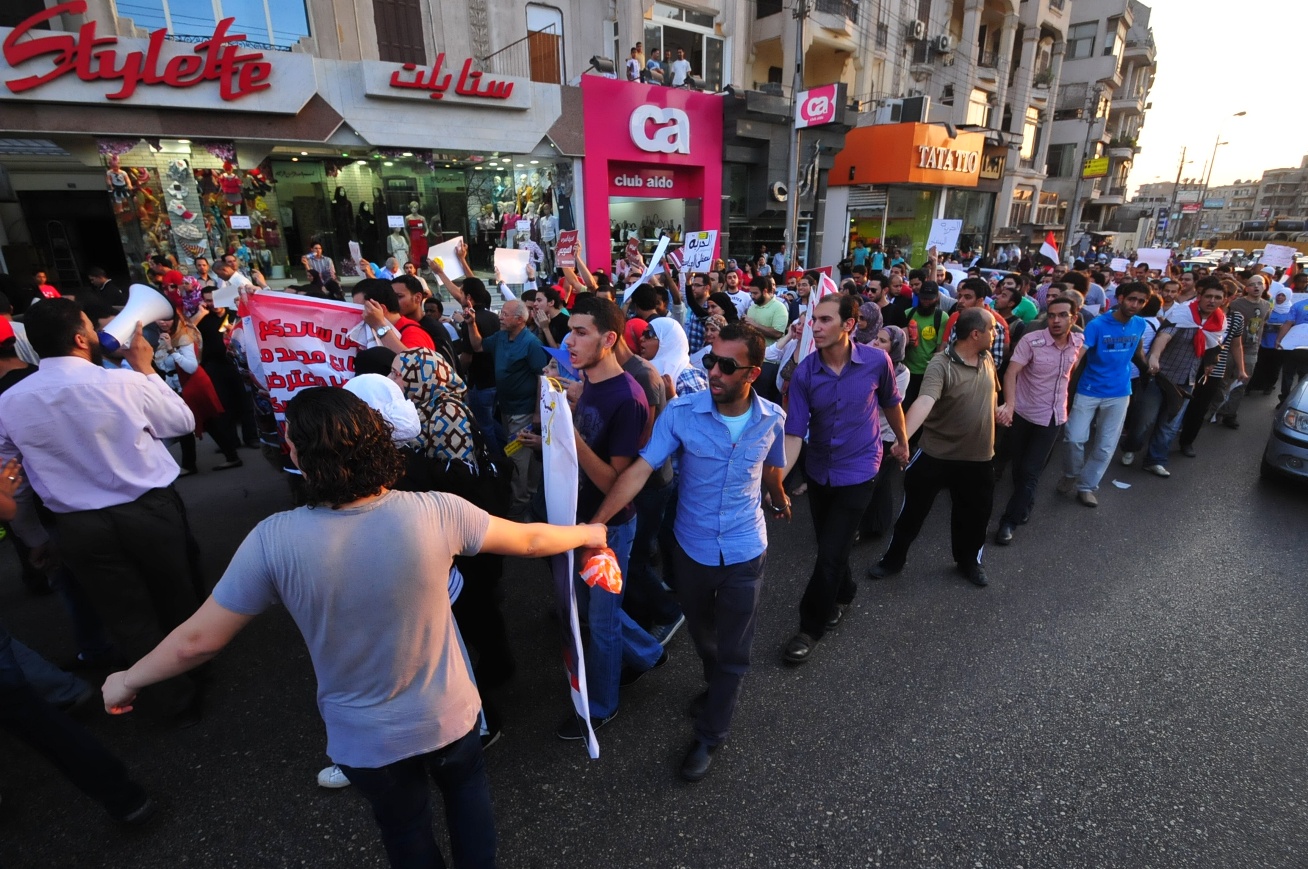Moscow trip enforces economic Eastern-shift policies, seeks progress on FTA
CAIRO: Minister of Foreign Trade and Industry (MFTI) Rachid Mohamed Rachid arrived in Moscow yesterday to begin a three-day visit aimed at boosting bilateral trade and moving forward on free trade agreement (FTA) negotiations.
Rachid s trip comes just one month after a nine-day visit to China and ahead of President Hosni Mubarak s trips next month to both countries. Rachid is one of a handful of ministers in Prime Minister Ahmed Nazif s economic cabinet who have visited or will visit China or Russia in the coming months, including Minister of Investment Mahmoud Moheiddin and Minister of Transportation Mohamed Mansour.
[Egypt wants to] create new trade and investment opportunities by shifting its emphasis from the traditional focus on Western economic partners towards exploring economic opportunities with Egypt s longstanding partners to the East, Rachid said in a statement. The time is now right to take the Egypt-Russia relationship onto a much stronger economic footing. We can be Russia s gateway to the Middle East and North Africa.
In 2005, bilateral trade between the two countries reached $1.1 billion (LE 6.3 billion), lagging far behind China at $2.3 billion (LE 13.2 billion), the United States at $5 billion (LE 28.8 billion) and European Union at $17 billion (LE 97.8 billion). Russia s balance of trade with Egypt puts the latter in a deficit exceeding $1 billion as it imports most prominently mineral fuels, wood, iron and wheat. Conversely, Egypt s exports to Russia, which reached just $77.4 million last year, were mostly made up of fresh fruits and vegetables.
Sherif El-Maghraby, chairman of the Agricultural Export Council, says the balance of trade is not a main concern of this trip.
You re always going to have a surplus or a deficit in favor of one country or another, says El-Maghraby. The most important thing is the growth of trade.
El-Maghraby is a member of the business delegation accompanying Rachid to Moscow. He says he will focus on moving ahead with negotiations to establish a green corridor between the two countries to speed up the release of imports on both sides by placing inspection agents at the ports of departure. For example, if Russian inspectors could clear Egyptian strawberries at Egyptian ports, the highly perishable fruit will be allowed to enter the Russian market upon arrival instead of being held up at the port of arrival.
MFTI has recently created special country desks for China and Russia to boost trade with both countries. Upon arrival from China, Rachid announced an agreement to establish an industrial park to be built in Ismailia exclusively for Chinese manufacturers who wish to come to Egypt. Among the first to be founded under the agreement was an $800 million (approximately LE 4.6 billion) aluminum plant to be established by a Chinese-Egyptian partnership. Citic, China s largest public-sector company with nearly $90 billion in assets will finance 85 percent of the project with a 15 percent contribution coming from Egyptian banks.
The new venture will bring much-needed FDI to Egypt and much needed aluminum to the world s largest consumer. The plant is expected to reach a maximum export production capacity of 270,000 tons per year by 2011, most of which will be sourced to China.
Traditionally, we have not given Russia and China enough effort to reflect their potential and weight, and that s what we are trying to do now, says El-Maghraby.
Among Egyptian products to be promoted in Russia are white goods – major household electrical appliances. Mohamed Fahmy, newly appointed director of the Export Promotion Center (EPC) and head of the China and Russia country desks, says EPC research shows high demand for white goods in Russia as well as a possible niche to be occupied by the Egyptian product. According to MFTI, white good exports to Russia amounted to less than $4 million (LE 23 million) last year. Rachid says among his long term aims is for that number to reach $30-$40 million by 2011.
Our research shows Russia s high demand on white goods, and not just cheap white goods, says Fahmy. We have the capacity and capability to produce high quality products at competitive prices. It just needs a little bit of promotion and marketing.



